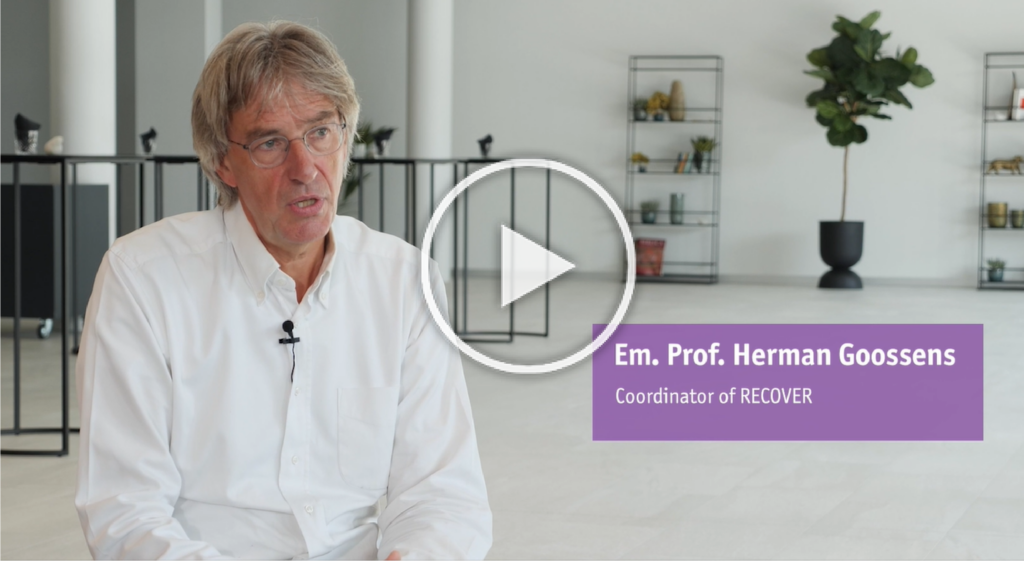RECOVER timeline
RECOVER emerges from an EU-initiative called PREPARE that was first set-up in 2014. In anticipation of a major infectious disease outbreak, the European Commission invested in PREPARE to ensure that clinical research is set in motion to study the many uncertainties of a new disease, which has the potential to threaten the health and security of European citizens.
This timeline will help you understand the history of RECOVER and will guide you through its many milestones.
17 January 2020

2020
First crucial 96 hours
17 January 2020
0 hours: PREPARE‘s Coordinator Herman Goossens is contacted regarding the possible response to the SARS-CoV-2 virus.
24 hours: PREPARE’s Outbreak Mode Committee (OMC) meets to assess the appropriate outbreak response mode.
48 hours: The Extraordinary General Assembly votes on the decision as advised by the OMC. PREPARE’s Coordinator informs the European Commission of this decision.
96 hours: PREPARE publishes a press release announcing Mode 1.
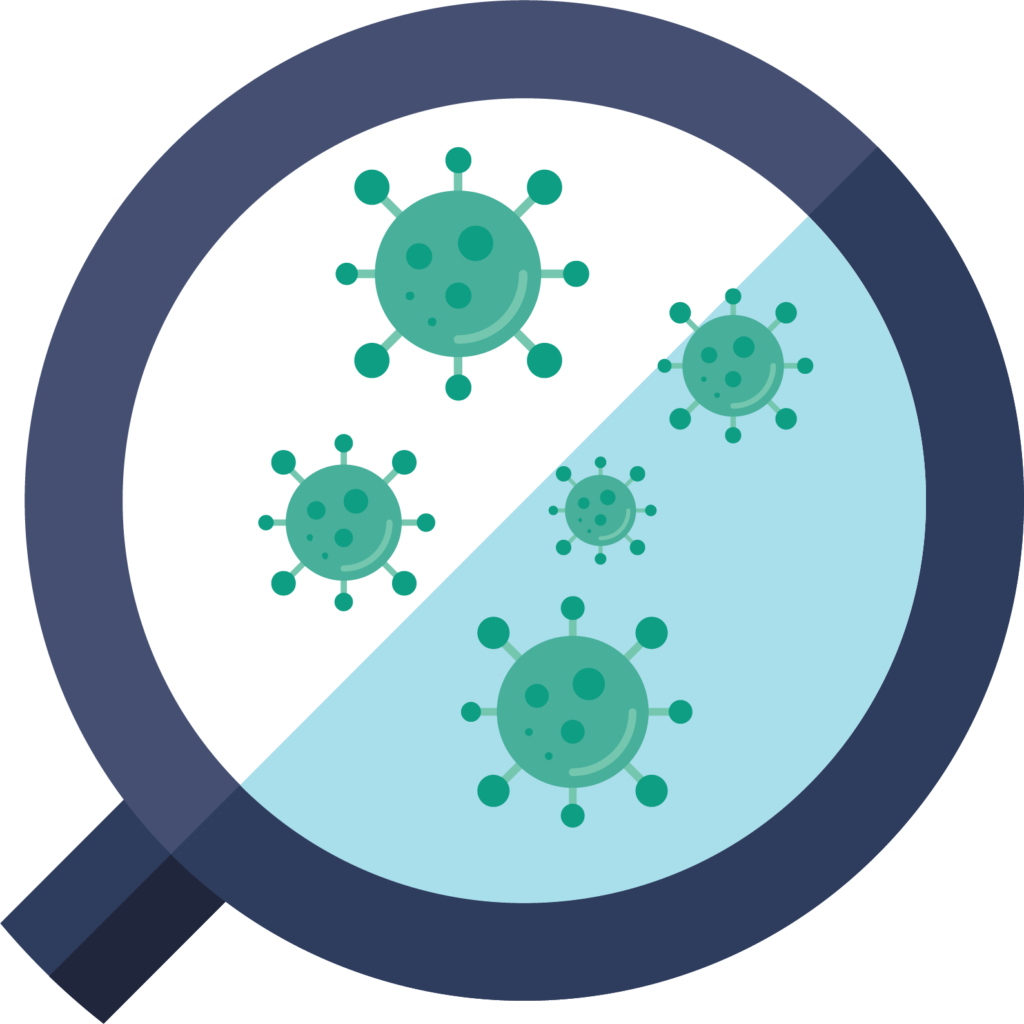
21 January 2020

PREPARE press release - Mode 1
21 January 2020
In December 2019, the World Health Organisation (WHO) China office was informed of patients infected with pneumonia of unknown aetiology in Wuhan, related to exposure in a seafood market. The cause of this outbreak has been identified as a novel Coronavirus. In January 2020, WHO confirmed clear evidence of human-to-human transmission. PREPARE checked its readiness to respond in the event that the outbreak spreads to Europe and activated its “Outbreak Response Mode 1 Preparedness”.
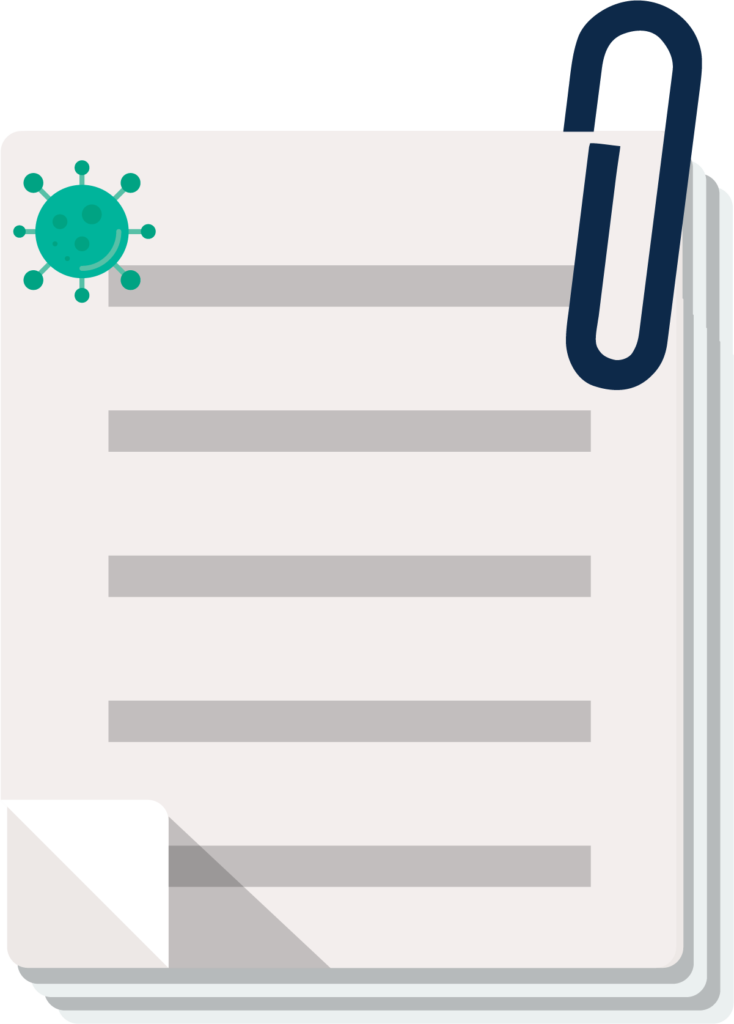
6 February 2020

PREPARE activated to Mode 2
6 February 2020
WHO declared the outbreak of 2019-nCoV as a public health emergency of international concern. PREPARE mobilised to Mode 2 response activity, representing an important next level of preparedness for the actual conduct of clinical research. 366 hospitals and 73 paediatric sites from PREPARE partner networks, COMBACTE and Penta, were mobilised to contribute to standardising the information gathered from affected patients. In addition, PREPARE and COMBACTE distributed 270 surveys to diagnostic laboratories in 42 European countries to ensure their preparedness for detecting the virus in the event that a clinical trial is rapidly initiated.
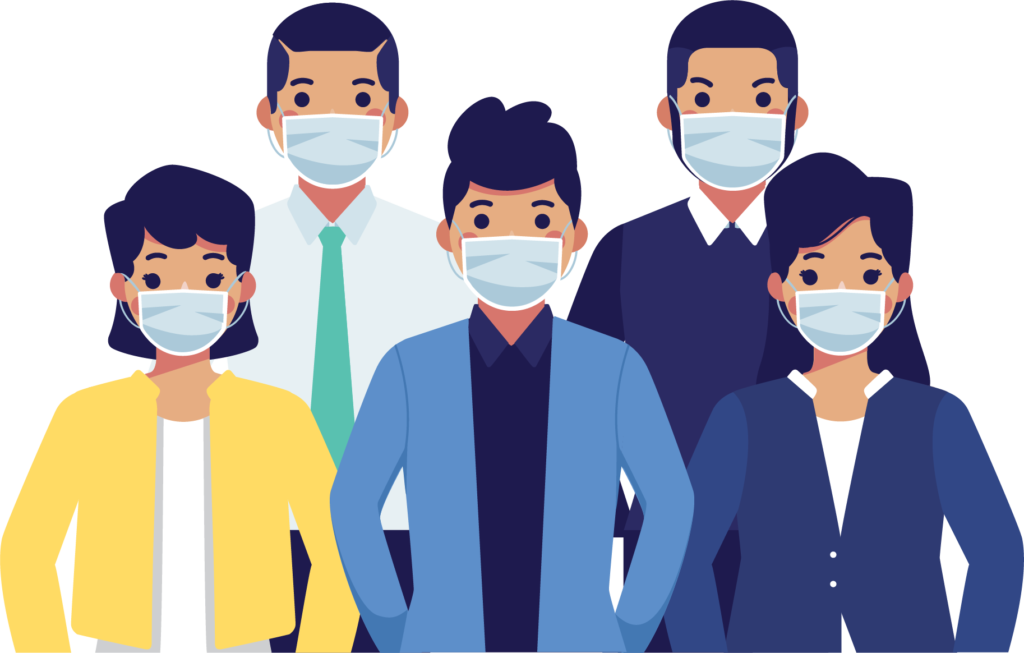
24 February 2020

PREPARE continues active measures
24 February 2020
Confirmed SARS-CoV-2 infected patients were reported in Europe for several weeks. PREPARE kept monitoring developments very closely. In Italy, COVID-19 cases rose significantly. PREPARE started preparing the clinical research response accordingly by making active preparations across its primary care and hospital networks to deliver clinical research activities, for example, through ensuring contracts and ethical approvals were in place.
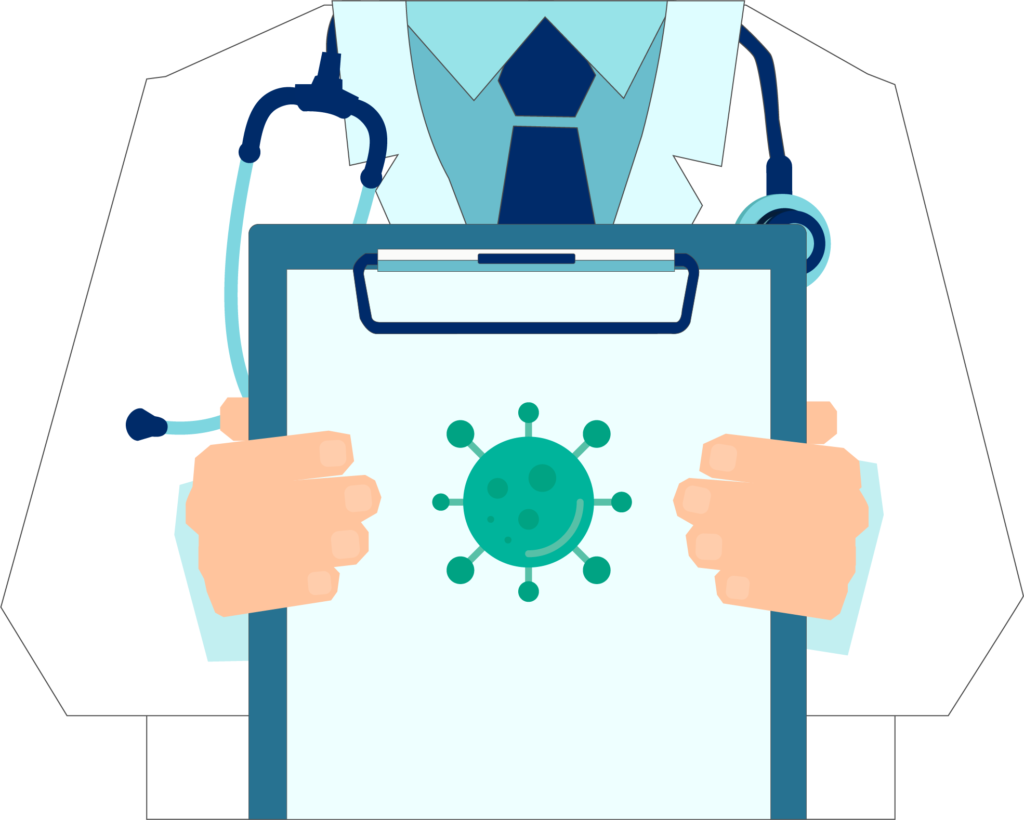
3 March 2020

Rapid increase of cases in Europe - PREPARE activated to Mode 3
3 March 2020
PREPARE decided to upgrade Outbreak Research Response Mode 3, the highest response mode. As a consequence, it immediately initiated and implemented clinical research studies on SARS-CoV-2 across Europe, which it had been preparing for over the last month. This was a direct result of the steep rise of confirmed cases of the virus in patients across Europe and the world, with over 3000 deaths globally at that time.
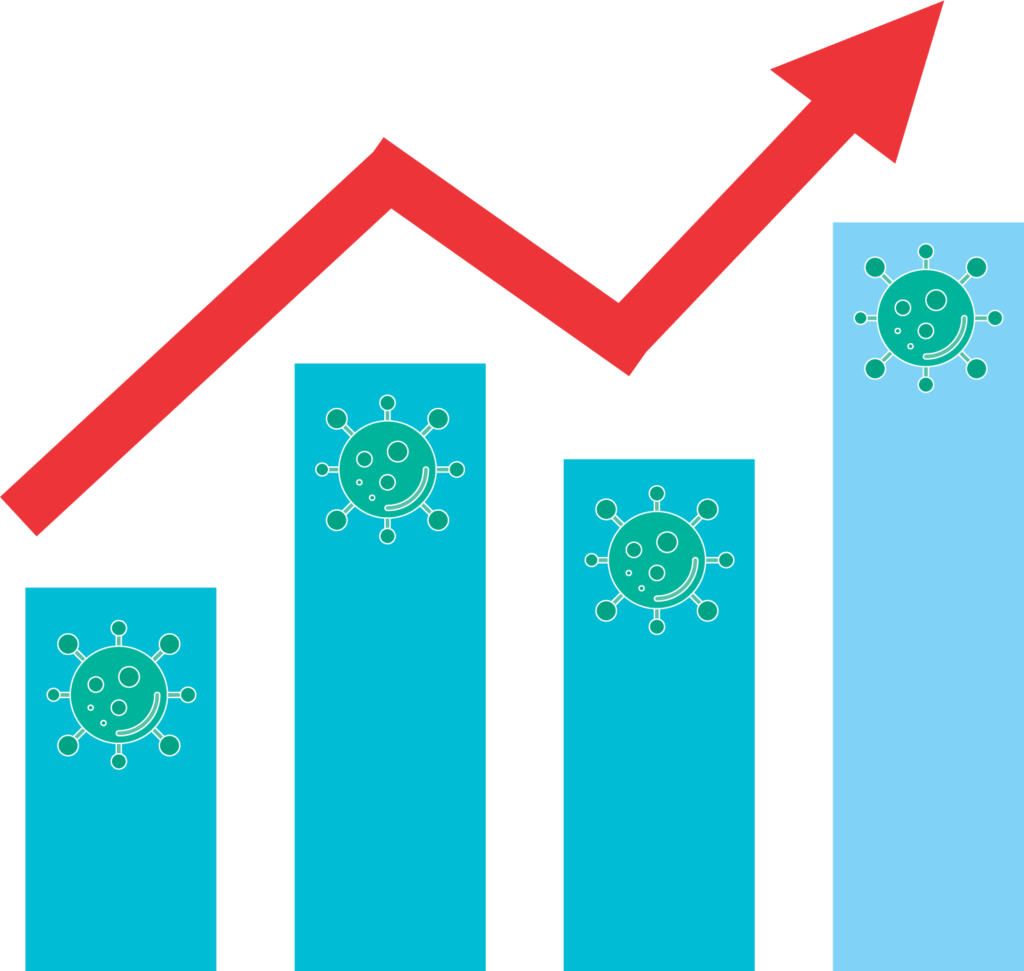
9 March 2020

REMAP-CAP enrols first patient with COVID-19
9 March 2020
A pandemic stratum was added to the REMAP-CAP protocol on March 3 to allow enrolling of patients with suspected or confirmed COVID-19, both on organ support in the intensive care unit (severe state) and admitted to hospital but not receiving organ support (moderate state). The first patient with COVID-19 was enrolled in REMAP-CAP on March 9, only six days after the stratum was added.
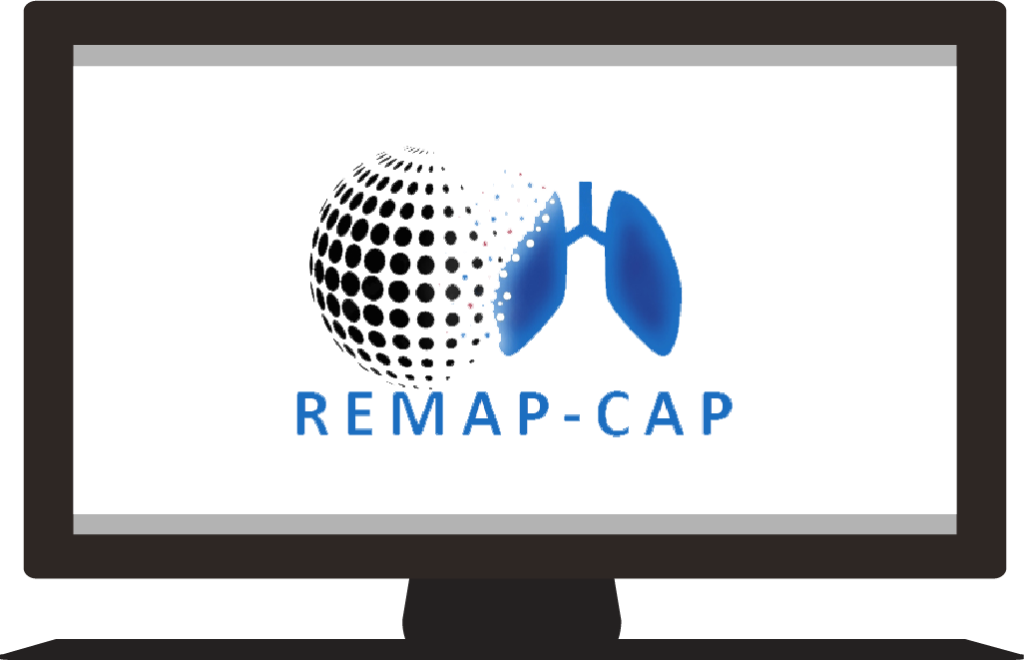
11 March 2020

EU commits to tackling COVID-19 with RECOVER
3 March 2020
The University of Antwerp launched Rapid European COVID-19 Emergency Research response (RECOVER), in collaboration with 9 international partners (now 14 in total). RECOVER addresses the most urgent questions for patient and public health by conducting medical research and applied social science research to address key knowledge gaps. RECOVER originates from the EU-funded PREPARE project and can inform future research response efforts to further strengthen Europe’s preparedness for emerging infectious disease outbreaks.
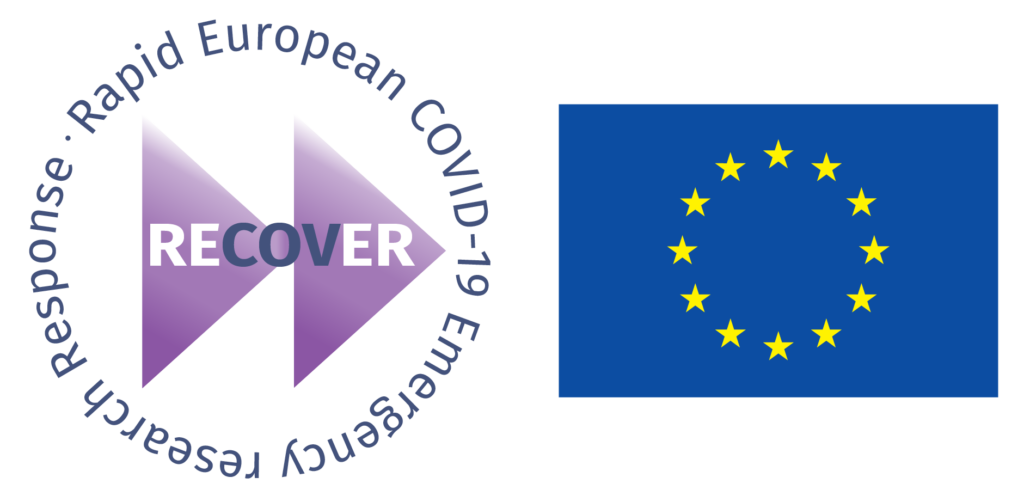
22 April 2020

RECOVER enrols first participants in three COVID-19 studies
22 April 2020
As part of its research response to the pandemic, RECOVER project enrolled the first participants in three of its studies. This is an important milestone to answer crucial questions on COVID-19 and inform healthcare workers and policymakers on optimal care and effective public health measures.
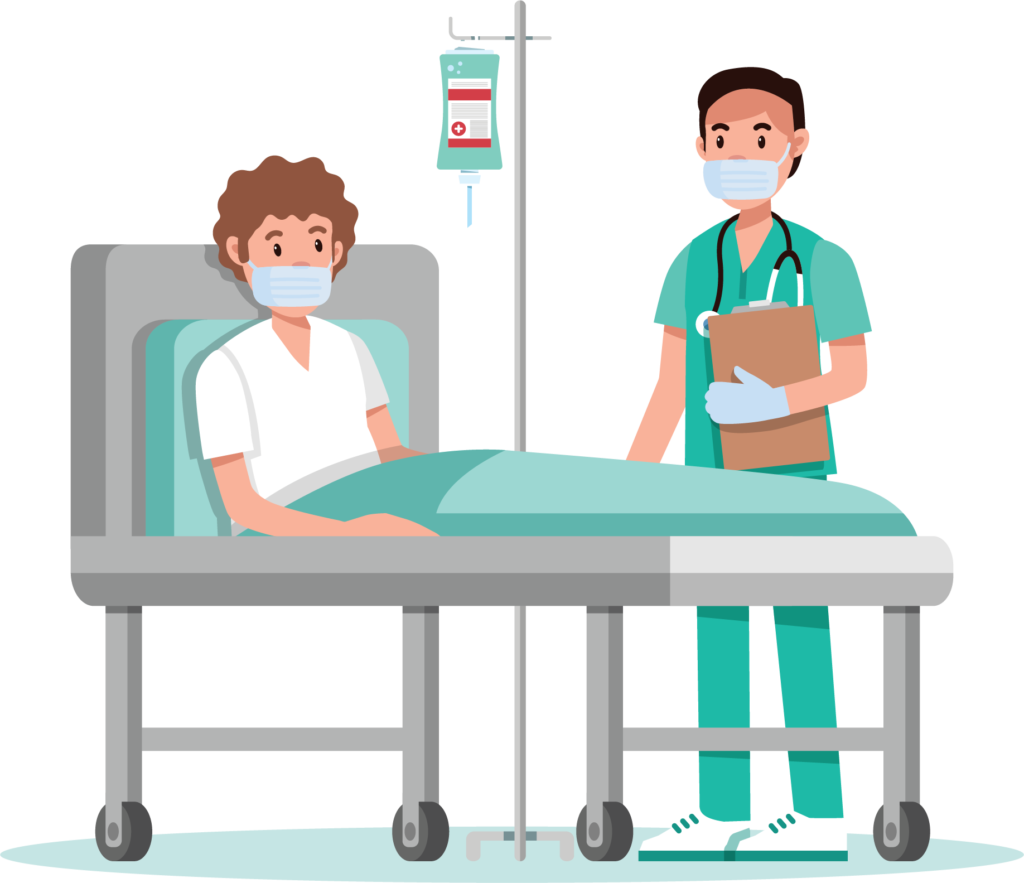
7 May 2020

RECOVER launches Extended PPAS
7 May 2020
The point prevalence audit survey (PPAS) from the primary care study was extended to capture presentation and management of patients with acute respiratory tract infection during the COVID-19 pandemic. This registration additionally focuses on the organisation of primary care during the pandemic and what additional testing and (preventive) measures were taken and advised to patients.
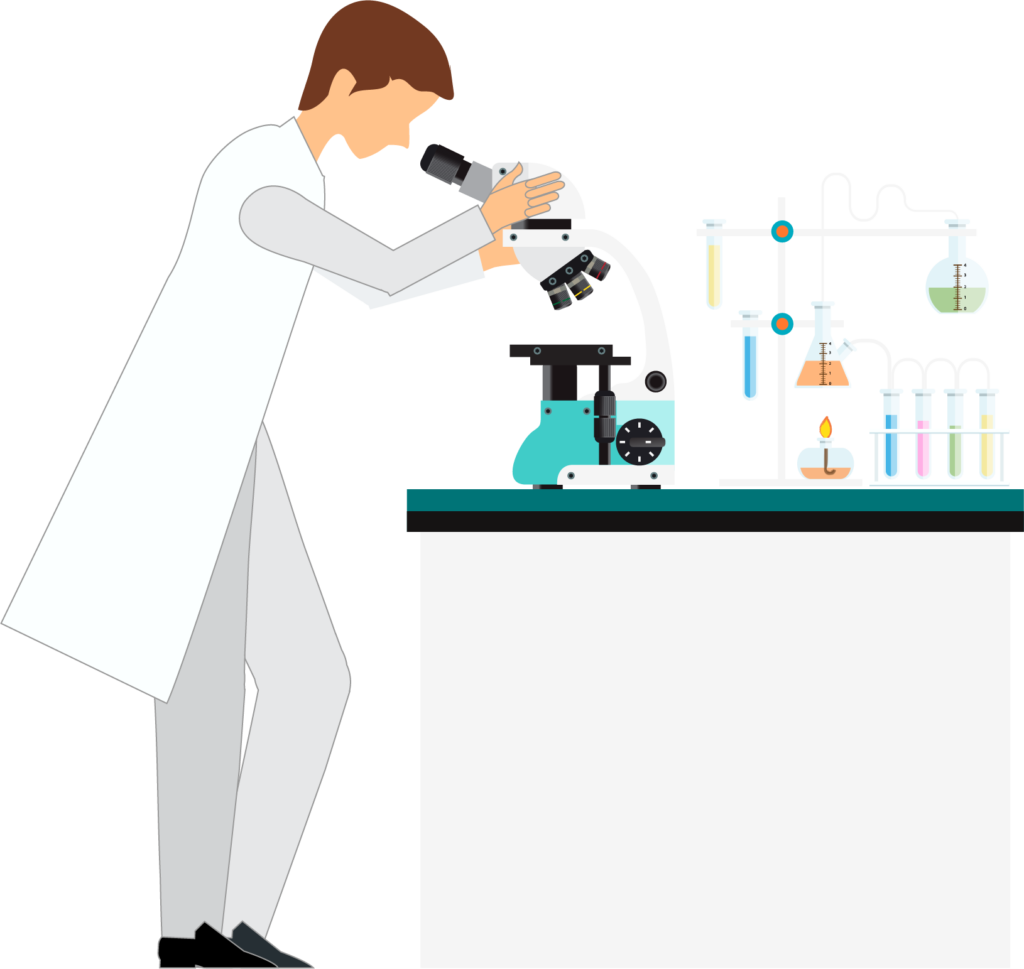
8 May 2020

First RECOVER papers are published
8 May 2020
In May 2020, RECOVER produced over 10 preprint articles. Among these, the RECOVER Epidemiological and Modelling Study team produced a paper on the impact of the French lockdown on the SARS-CoV-2 transmission using various sources of data (Salje et al. 2020). In addition, the RECOVER Clinical Biological Study team carried out a rapid SARS-CoV-2 whole genome sequencing combined with epidemiological studies to inform public health decision making in the Netherlands (Oude Munnink et al. 2020). These are only a few examples of a large number of publications that RECOVER produced in May 2020.

21 October 2020

RECOVER Social Science team publishes policy brief on COVID-19 transmission within households
21 October 2020
In collaboration with the European Centre for Disease Prevention and Control (ECDC), the RECOVER Social Science team provided invaluable insight into COVID-19 transmission within households, and gave policy recommendations on how to best support households in facing this burden. Specifically, nine key messages and policy suggestions have been developed out of this work aimed at optimising
support for household members living with a person who has COVID-19.

24 December 2020

RECOVER assesses perceptions of HCWs and the impact on their emotional wellbeing
24 December 2020
Working under pandemic conditions exposes health care workers (HCWs) to infection risk and psychological strain. Protecting the physical and psychological health of HCWs is a key priority. The Social Sciences team of RECOVER assessed the perceptions of European hospital HCWs of local infection prevention and control (IPC) procedures during the COVID-19 pandemic and the impact on their emotional wellbeing.
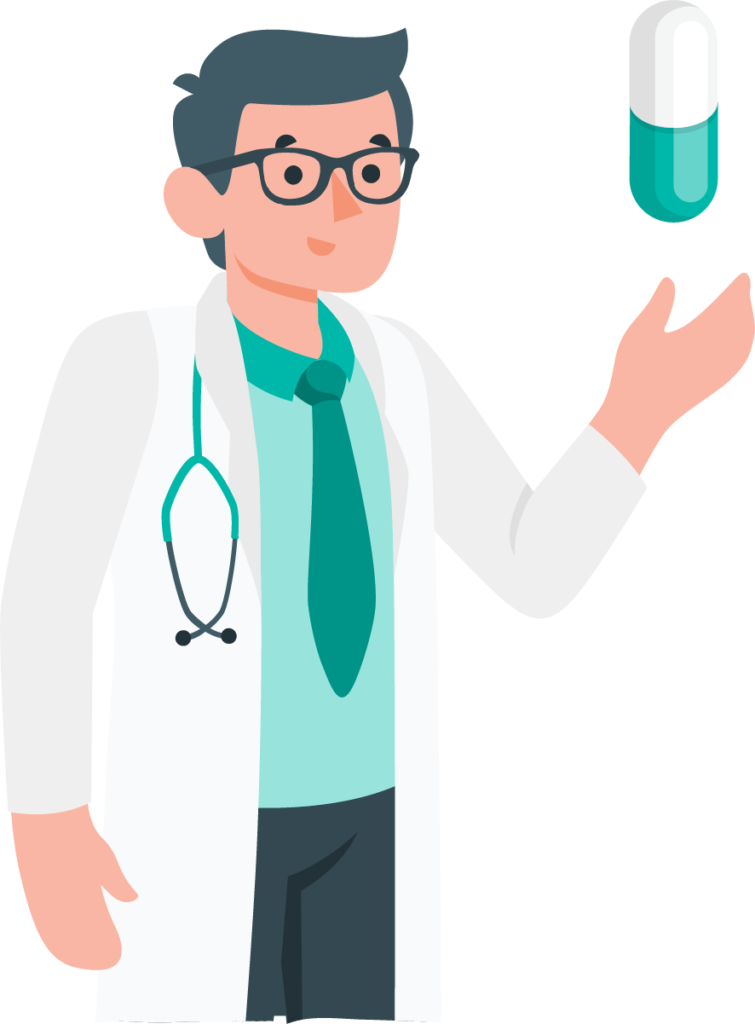
8 January 2021

2021
REMAP-CAP Press Release on tocilizumab and sarilumab
8 January 2021
The latest analysis shows that the drugs tocilizumab and sarilumab – both types of immune modulators called IL-6 receptor antagonists – have a significant impact on patient survival, reducing mortality by 8.5%. Furthermore, the treatment also improved recovery so that on average patients were able to be discharged from the intensive care unit (ICU) about a week earlier

12 January 2021

RECOVER Social Science study shows COVID-19 vaccine hesitancy
12 January 2021
In collaboration with the European Centre for Disease Prevention and Control (ECDC), the RECOVER Social Sciences team has published a policy brief based on their latest study on public views of COVID-19 vaccination in seven European countries: France, Germany, Belgium, Italy, Spain, Sweden, and Ukraine. According to the data, vaccine hesitancy was striking: less than half of respondents in every country believed COVID vaccines were safe.
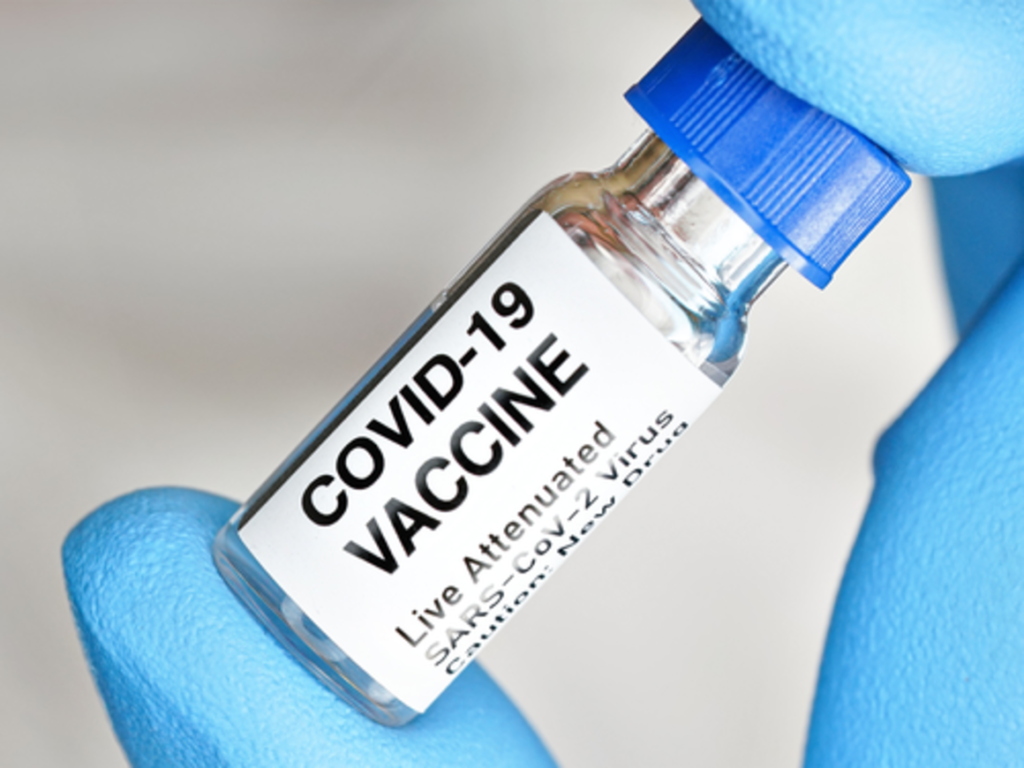
10 March 2021

One year of RECOVER
10 March 2021
Time to look back on one year of RECOVER and what was achieved so far. The research has made big progress, with more than 12.000 participants included in various RECOVER studies and over 40 publications online. These publications focus on the SARS-CoV-2 virus, possible treatments as well as people’s attitudes towards various corona-related issues. In addition, 2 policy briefs were published to influence and adjust policy on the basis of the experience gained.
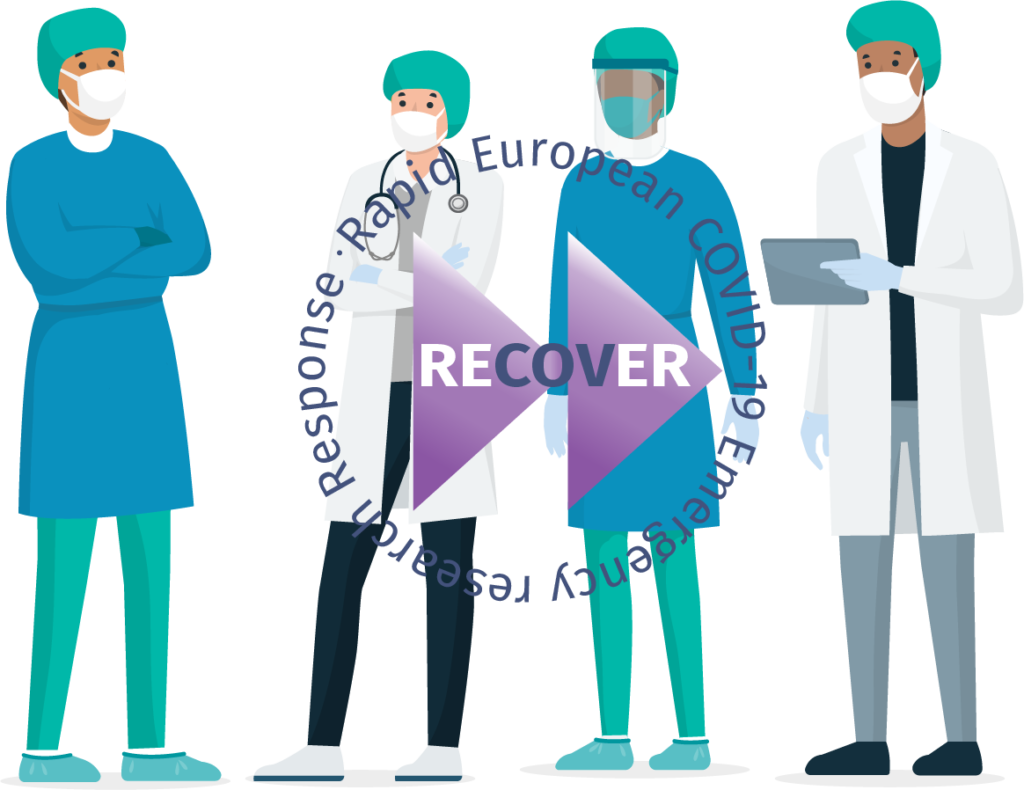
19 March 2021

Investigation into the COVID-19 virus’ origins
19 March 2021
At the beginning of 2021, our RECOVER scientist Marion Koopmans participated in a 28-day mission in the Chinese city of Wuhan to investigate the origins of the virus that caused the global COVID-19 pandemic. She was part of a team of experts appointed by the WHO.

29 June 2021

Launch of European Covid-19 trials coordination module website
29 June 2021
RECOVER and EU-RESPONSE launched a new joint website centralising information for academics and industry on access to the three large Pan-European adaptive platform trials currently underway: DisCoVeRy, EU-SolidAct & REMAP-CAP.

21 December 2021

Lancet paper on European clinical research response during COVID-19
21 December 2021
RECOVER’s Coordinator Herman Goossens, in collaboration with his colleagues Marc Bonten and Lennie Derde of the University Medical Centre Utrecht, and Peter Horby of the University of Oxford, cast a critical eye on how the clinical research community reacted to the pandemic in Europe in a new publication in The Lancet Infectious Diseases. What lessons were learned and what recommendations are there for the future response of clinical research during pandemics?
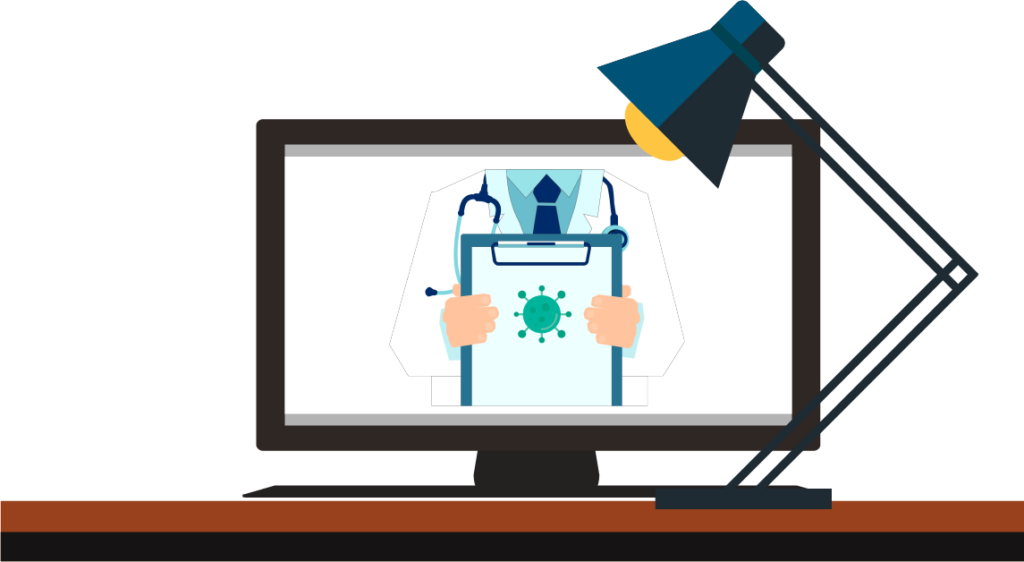
4 February 2022

2022
Household study restarted with aim to enrol 100 households
4 February 2022
A new study to analyse the transmission of SARS-CoV-2 infections within households was launched in January 2022. By restarting the household study, RECOVER will be able to compare the transmission from the “old” unvaccinated households with the current situation, where the majority of the adults and, to a lesser extent, the children are vaccinated and other variants circulate within the household.
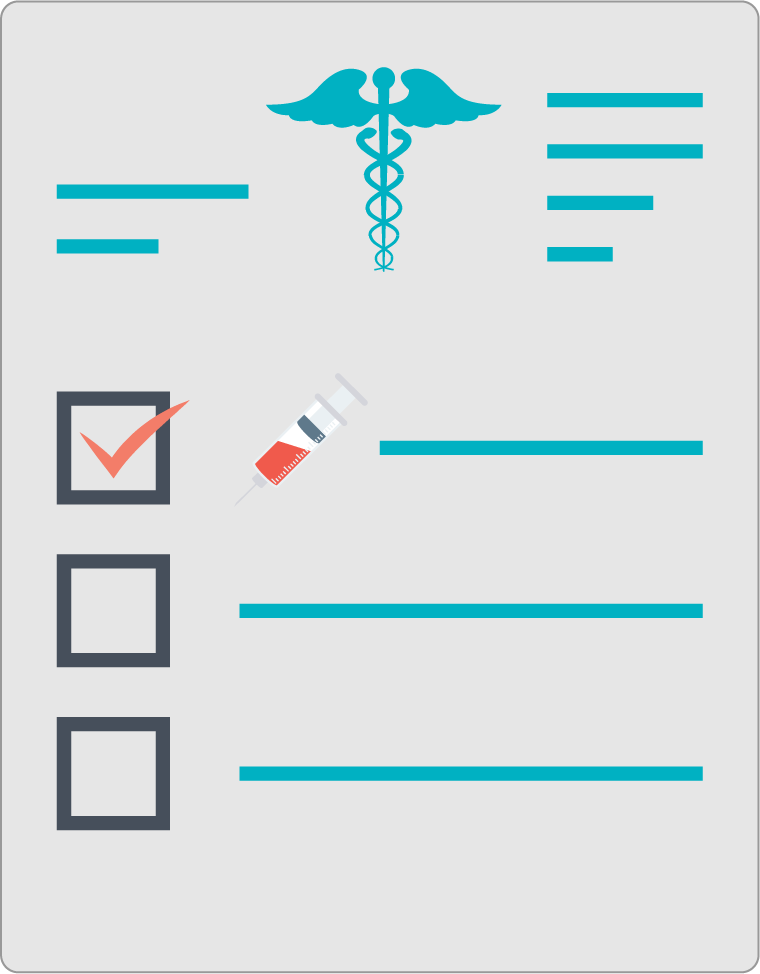
21 February 2022

RECOVER studies will continue in Ecraid
21 February 2022
In January 2022, the Ecraid foundation was formally launched. Ecraid advances clinical research in the field of infectious disease with the development of a pan-European clinical research network. It is the first network of its kind in Europe. MERMAIDS, SOS-COVID and REMAP-CAP, the clinical studies that have been included as part of the HORIZON2020 funded RECOVER project on COVID-19 are embedded into Ecraid
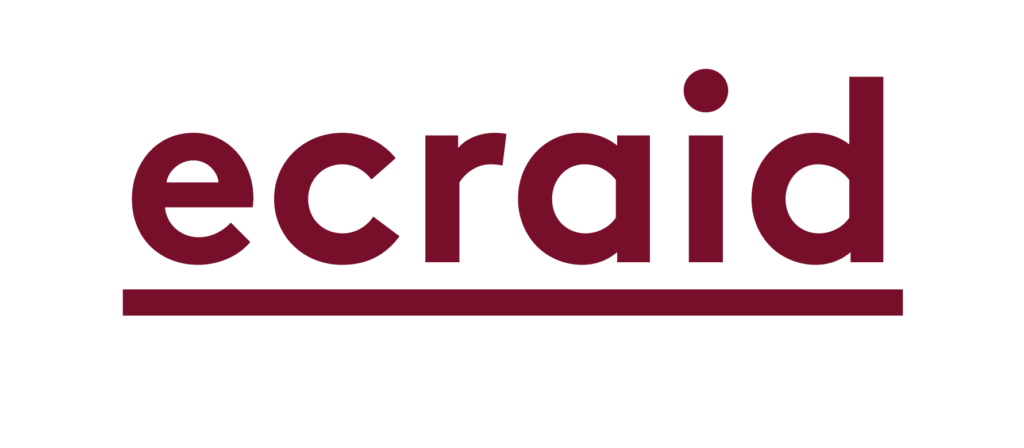
12 September 2022

And now?
12 September 2022
At this point, RECOVER published over 80 scientific papers in very prestigious journals such as Nature, The Lancet Infectious Diseases, The Lancet Digital Health, Eurosurveillance, The New England Journal of Medicine, and many others. The Consortium has expanded and consists now of 14 partners based in 8 different countries.
“RECOVER is more than a project. It is a big family that includes clinical researchers, epidemiologists, virologists, social scientists, laboratory technicians, project managers and a communications team. Only by working together, we can carry out research into COVID-19 which is essential for the health of European citizens ” Prof. Herman Goossens, Coordinator of RECOVER.
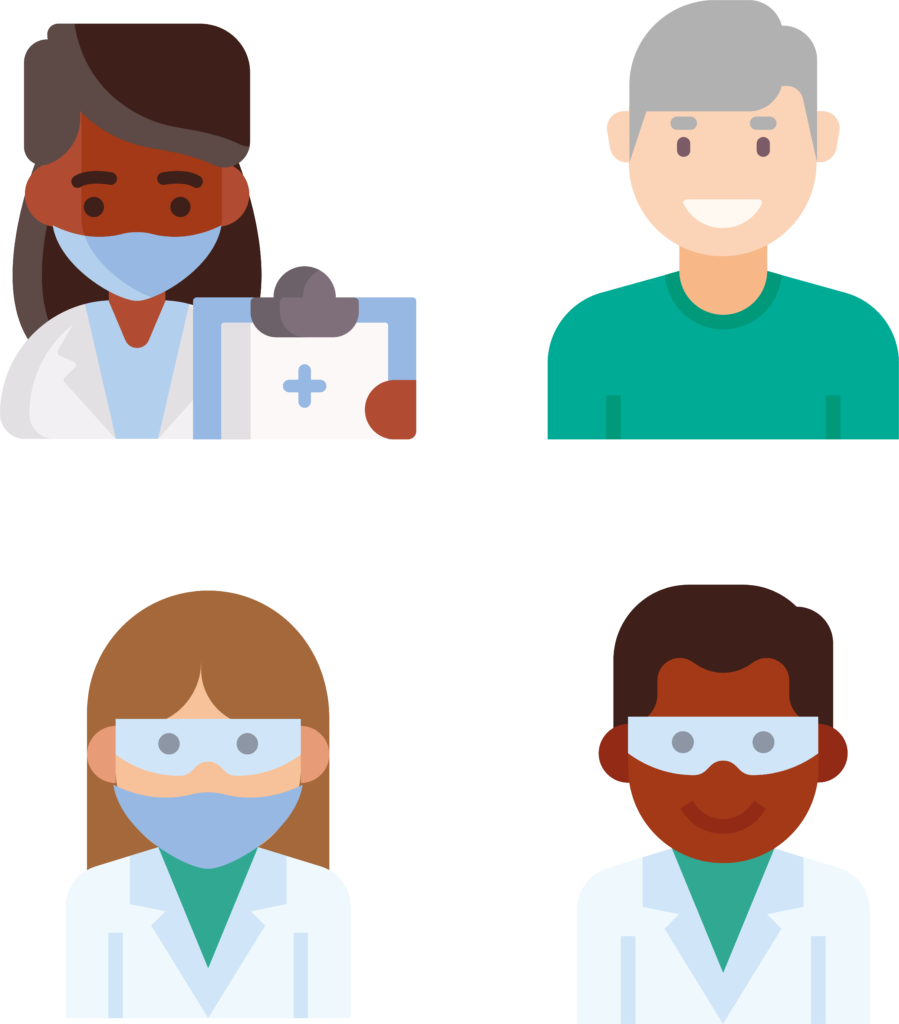
6 - 7 June 2023

2023
RECOVER Closing Conference
6 - 7 June 2023
The RECOVER Closing Conference took place in Zagreb, Croatia to honour the end of the project, August 2023. Not only was it an occasion to look back at the eventful past 3,5 years, but also to look towards the future and what is still to come. Each work package lead presented their work of the past years, discussed the impact it had and shared their lessons learned.
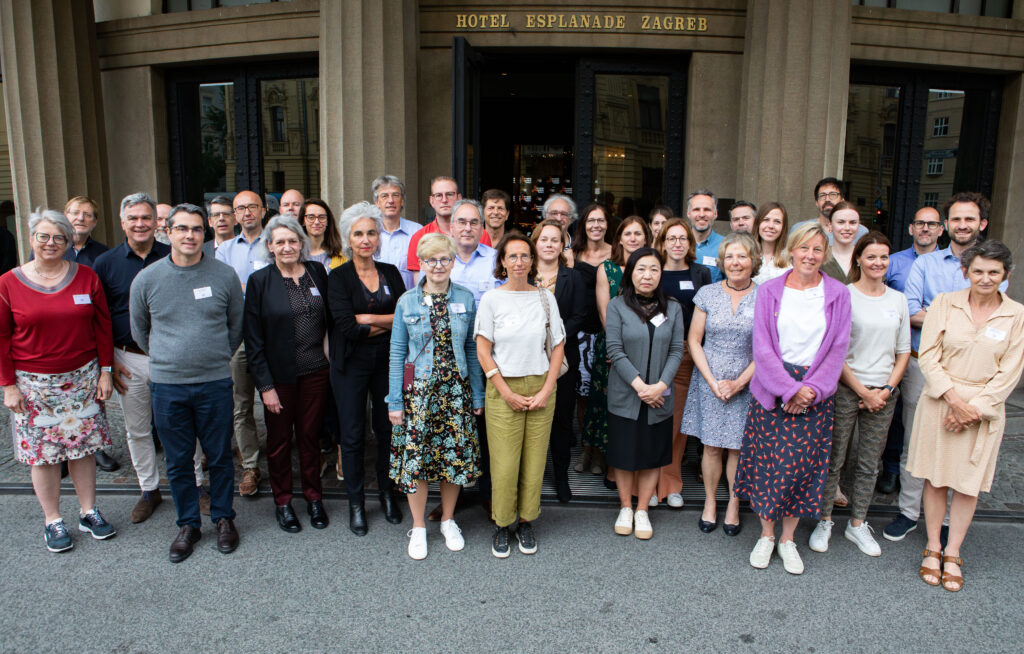
October 2023

The End of RECOVER: Closing Interview
October 2023
The impactful RECOVER project officially came to an end in August 2023. In a series of video interviews, RECOVER project lead Em. Prof. Herman Goossens gives an overview of the project’s challenges and highlights. He elaborates on the start of the project and its main aims, shares its major achievements and lessons learned while also looking forward at how these lessons can be implemented to improve Europe’s public health.
